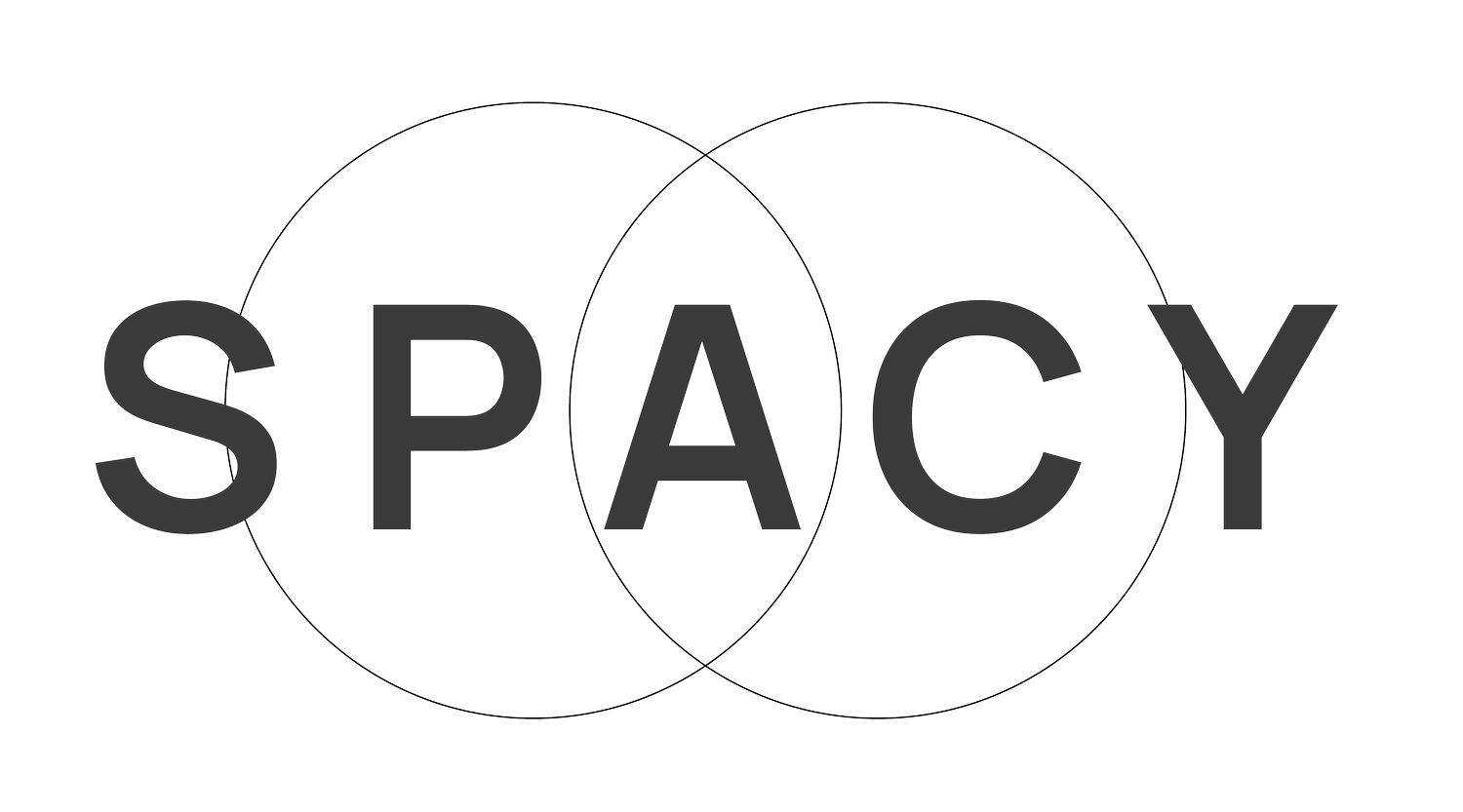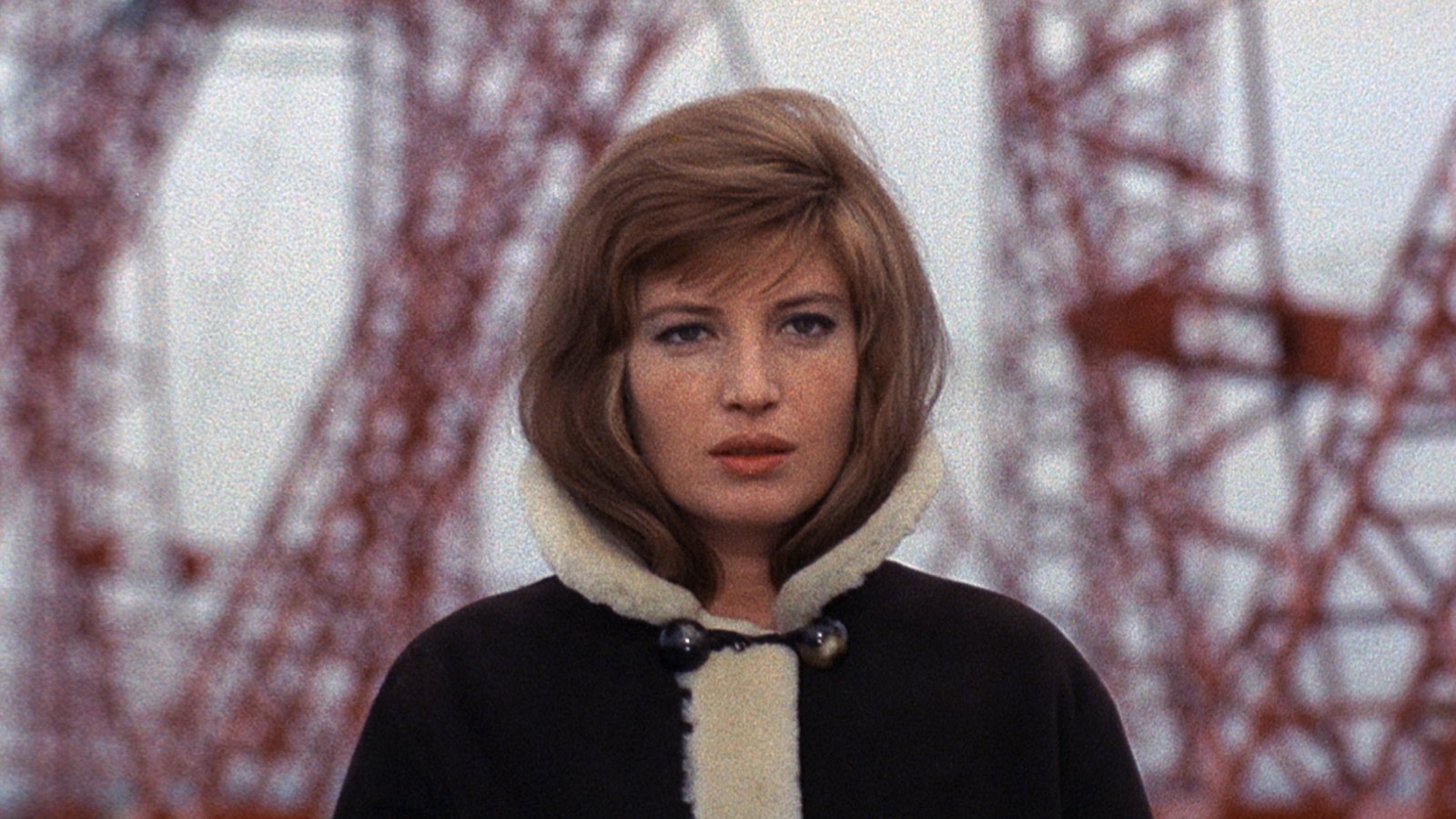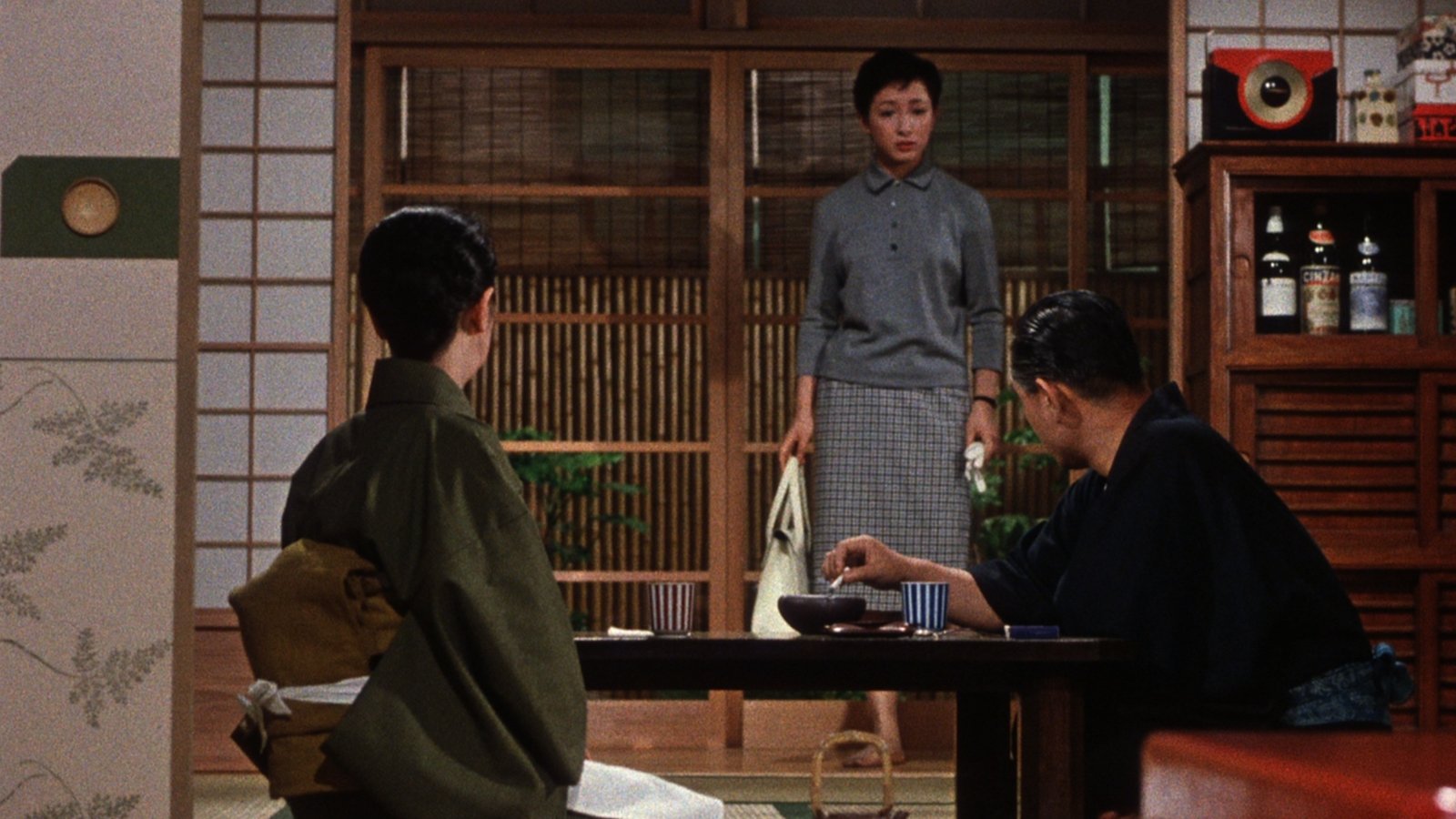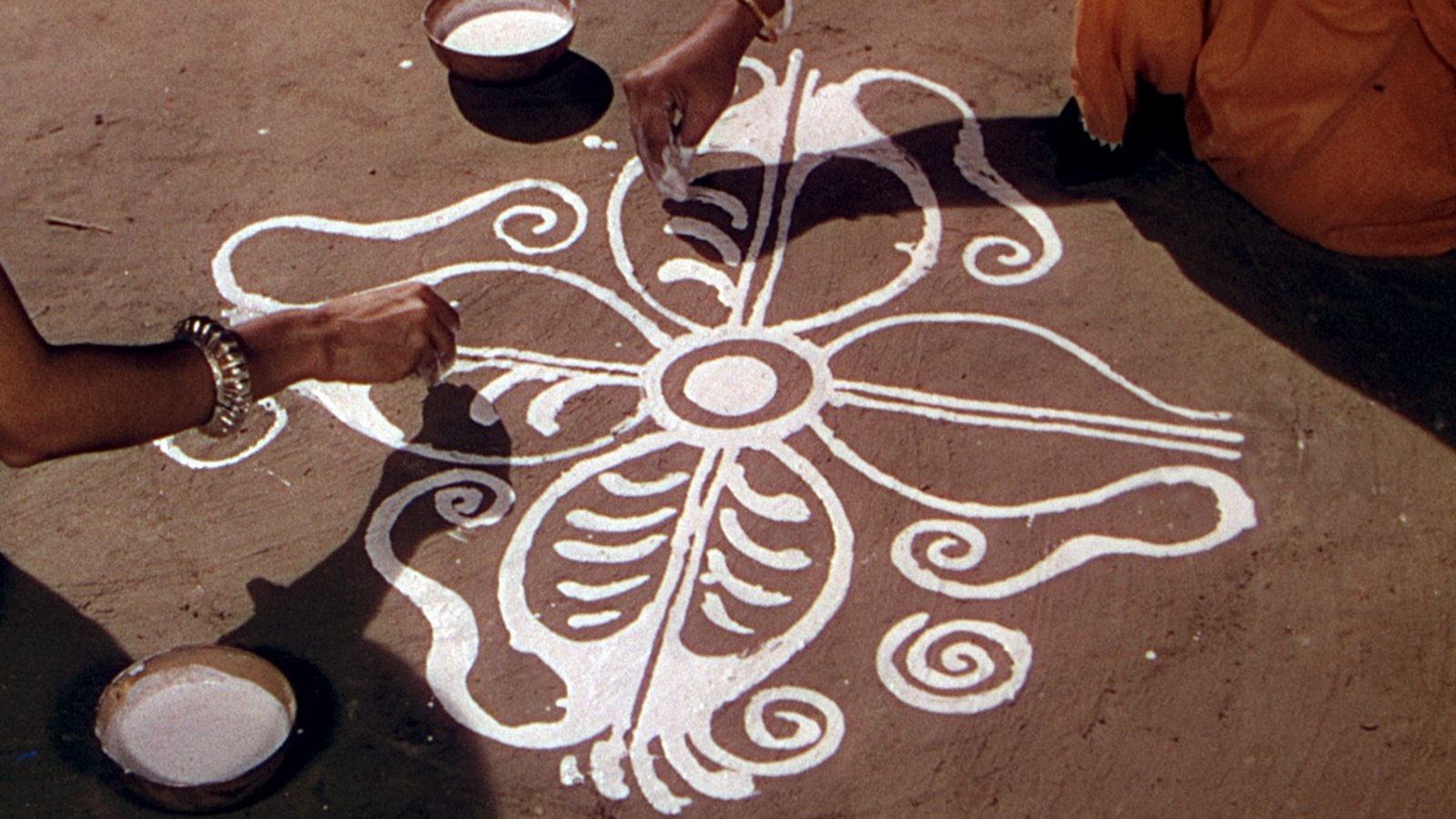
First Impressions
First Impressions spotlights iconic filmmakers’ first color ventures—each a bold step that reshaped their cinematic style and resonated deeply with audiences. From subtle pastels to vibrant, high-contrast palettes, each film reflects the unique artistic vision that would define the director’s career.
Michelangelo Antonioni, France, 1964, 117 min
Michelangelo Antonioni’s 1960s panoramas of contemporary alienation were decade-defining artistic events, and Red Desert, his first color film, is perhaps his most epochal. This provocative look at the spiritual desolation of the technological age—about a disaffected woman, brilliantly portrayed by Antonioni muse Monica Vitti, wandering through a bleak industrial landscape beset by power plants and environmental toxins, and tentatively flirting with her husband’s coworker, played by Richard Harris—continues to keep viewers spellbound. With one startling, painterly composition after another—of abandoned fishing cottages, electrical towers, looming docked ships—Red Desert creates a nearly apocalyptic image of its time, and confirms Antonioni as cinema’s preeminent poet of the modern age.
Pierre Etaix France, 1969, 87 min
Despite having a loving and patient wife at home, a good-natured suit-and-tie man, played by writer-director Pierre Etaix, finds himself hopelessly attracted to his gorgeous new secretary in this gently satirical tale of temptation. From this simple, standard premise, Etaix weaves a constantly surprising web of complexly conceived jokes. Le grand amour is a cutting, nearly Buñuelian takedown of the bourgeoisie that somehow doesn’t have a mean bone in its body.
Yasujiro Ozu, Japan, 1958, 118 min
Later in his career, Ozu started becoming increasingly sympathetic with the younger generation, a shift that was cemented in Equinox Flower, his gorgeously detailed first color film, about an old-fashioned father and his newfangled daughter.
Jean Renoir, France, 1951, 99 min
Director Jean Renoir’s entrancing first color feature—shot entirely on location in India—is a visual tour de force. Based on the novel by Rumer Godden, the film eloquently contrasts the growing pains of three young women with the immutability of the Bengal river around which their daily lives unfold. Enriched by Renoir’s subtle understanding and appreciation for India and its people, The River gracefully explores the fragile connections between transitory emotions and everlasting creation.





Max Ophuls Germany, 1955, 115 min
First Impressions
Lola Montès is a visually ravishing, narratively daring dramatization of the life of the notorious courtesan and showgirl, played by Martine Carol. With his customary cinematographic flourish and, for the first time, vibrant color, Max Ophuls charts the course of Montès’s scandalous past through the invocations of the bombastic ringmaster (Peter Ustinov) of the American circus where she has ended up performing. Ophuls’s final film, Lola Montès is at once a magnificent romantic melodrama, a meditation on the lurid fascination with celebrity, and a one-of-a-kind movie spectacle.